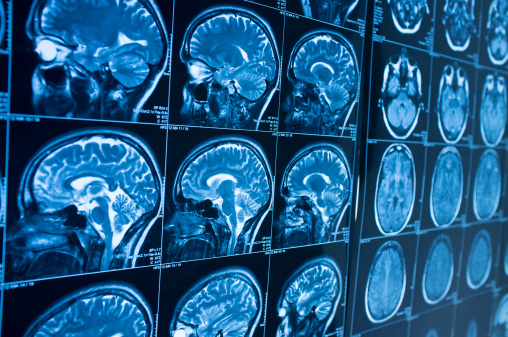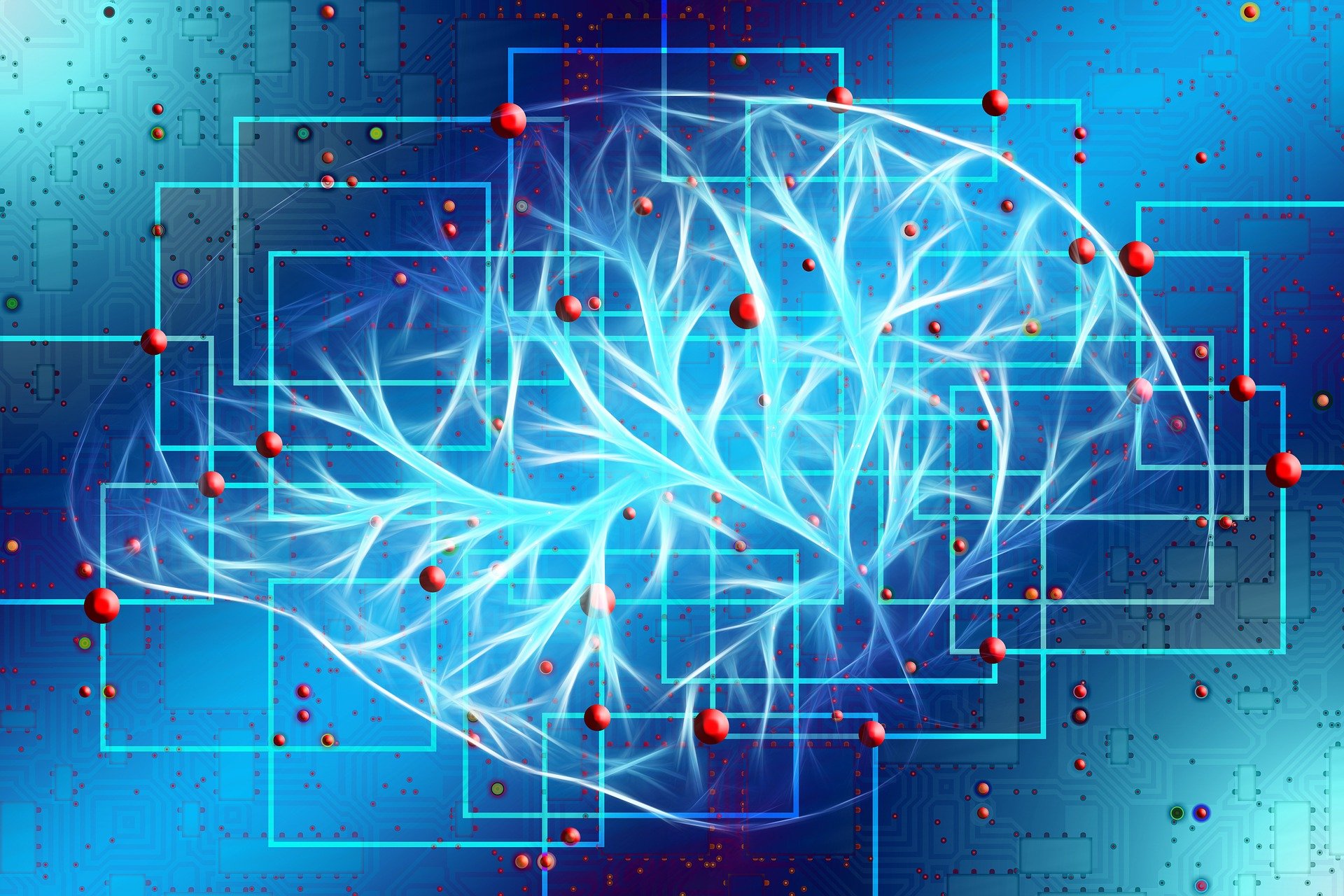Research

My research uses converging cognitive neuroscience methods to study the nature of human learning and memory and its organization in the brain. I study both the functional and dysfunctional memory systems to investigate how hippocampal-dependent memory is organized and how that organization impacts cognitive outcomes and behavior more broadly. I take a translational approach, applying cognitive principals to specific problems related to measuring and tracking behavioral and biological change.

In this pursuit, my research applies both structural and functional neuroimaging techniques, utilizes eye tracking methodologies, and takes advantage of sensitive behavioral measures to explore the organization of memory and the memory systems. Given the complexity and diversity of both the brain and human behavior, converging tools are critical to extending empirical research to address applied questions in the health sciences.

Fundamental to my research is the development of novel behavioral paradigms to directly answer questions about the organization of memory and the development and application of novel neuroimaging tools to compliment and extend findings from traditional neuroimaing approaches. One example of this is the development and application of magnetic resonance imaging elastography (MRE) as a sensitive tool for quantifying tissue integrity in targeted brain structures, primarily the hippocampus.
CURRENT PROJECT FUNDING:
National Institute of Aging (NIA)
National Institute of Mental Health (NIMH)
National Institute of Neurological Disorders and Stroke (NINDS)